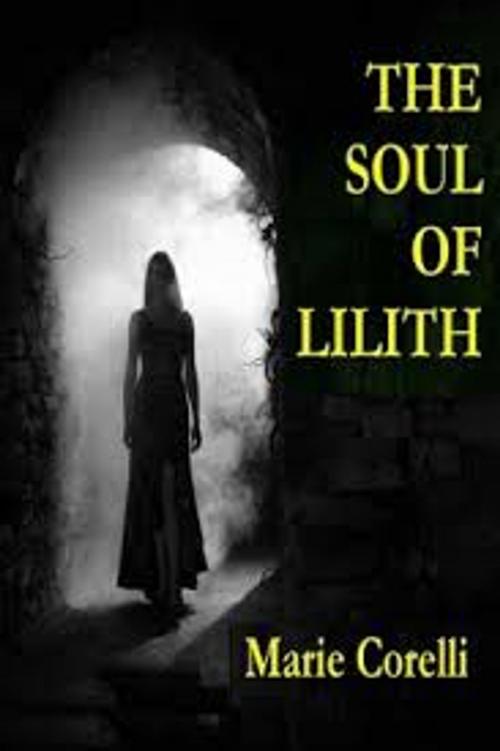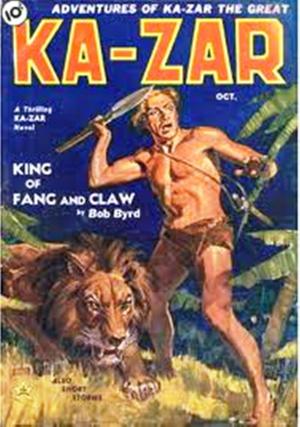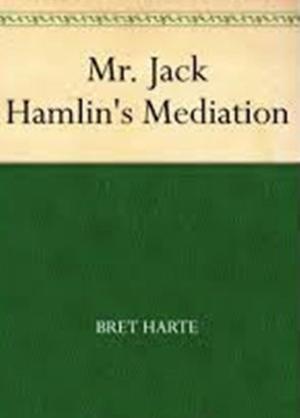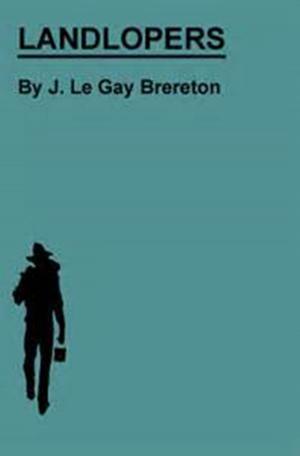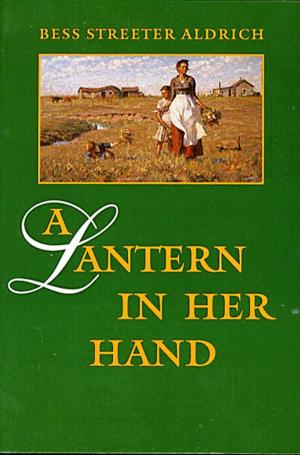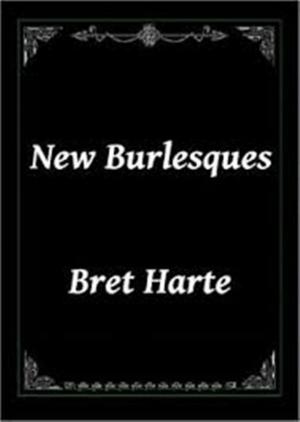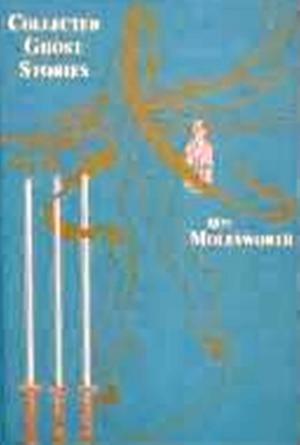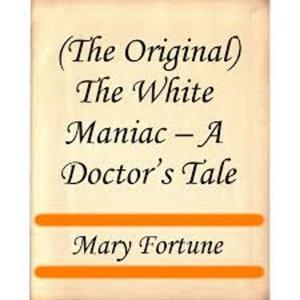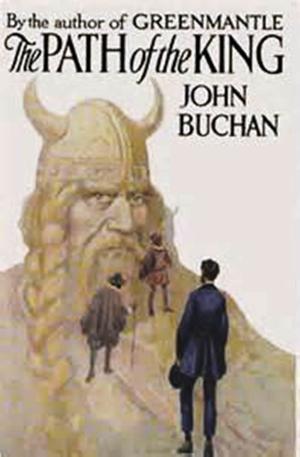| Author: | Marie Corelli | ISBN: | 1230000148949 |
| Publisher: | WDS Publishing | Publication: | July 8, 2013 |
| Imprint: | Language: | English |
| Author: | Marie Corelli |
| ISBN: | 1230000148949 |
| Publisher: | WDS Publishing |
| Publication: | July 8, 2013 |
| Imprint: | |
| Language: | English |
THE theatre was full,--crowded from floor to ceiling; the lights were turned low to give the stage full prominence,--and a large audience packed close in pit and gallery as well as in balcony and stalls, listened with or without interest, whichever way best suited their different temperaments and manner of breeding, to the well-worn famous soliloquy in "Hamlet"--"To be or not to be." It was the first night of a new rendering of Shakespeare's ever puzzling play,--the chief actor was a great actor, albeit not admitted as such by the petty cliques,--he had thought out the strange and complex character of the psychological Dane for himself, with the result that even the listless, languid, generally impassive occupants of the stalls, many of whom had no doubt heard a hundred Hamlets, were roused for once out of their chronic state of boredom into something like attention, as the familiar lines fell on their ears with a slow and meditative richness of accent not commonly heard on the modern stage. This new Hamlet chose his attitudes well,--instead of walking or rather strutting about as he uttered the soliloquy, he seated himself and for a moment seemed lost in silent thought;---then, without changing his position he began, his voice gathering deeper earnestness as the beauty and solemnity of the immortal lines became more pronounced and concentrated.
"To die--to sleep;--
To sleep!--perchance to dream; ay, there's the rub.
For in that sleep of death what dreams may come
When we have shuffled off this mortal coil
Must give us pause..."
Here there was a brief and impressive silence. In that short interval, and before the actor could resume his speech, a man entered the theatre with noiseless step and seated himself in a vacant stall of the second row. A few heads were instinctively turned to look at him, but in the semi-gloom of the auditorium, his features could scarcely be discerned, and Hamlet's sad rich voice again compelled attention.
"Who would fardels bear.
To grunt and sweat under a weary life.
But that the dread of something after death.
The undiscovered country from whose bourne
No traveller returns, puzzles the will
And makes us rather bear those ills we have
Than fly to others that we know not of?
Thus conscience does make cowards of us all;
And thus the native hue of resolution
Is sicklied o'er with the pale cast of thought;
And enterprises of great pith and moment.
With this regard, their currents turn awry
And lose the name of action."
The scene went on to the despairing interview with Ophelia, which was throughout performed with such splendid force and feeling as to awaken a perfect hurricane of applause;--then the curtain went down, the lights went up, the orchestra recommenced, and again inquisitive eyes were turned towards the latest new-comer in the stalls who had made his quiet entrance in the very midst of the great philosophical Soliloquy. He was immediately discovered to be a person well worth observing; and observed he was accordingly, though he seemed quite unaware of the attention he was attracting. Yet he was singular-looking enough to excite a little curiosity even among modern fashionable Londoners, who are accustomed to see all sorts of eccentric beings, both male and female, æsthetic and common-place, and he was so distinctively separated from ordinary folk by his features and bearing, that the rather loud whisper of an irrepressible young American woman--"I'd give worlds to know who that man is!" was almost pardonable under the circumstances. His skin was dark as a mulatto's,--yet smooth, and healthily coloured by the warm blood flushing through the olive tint,--his eyes seemed black, but could scarcely be seen on account of the extreme length and thickness of their dark lashes,--the fine, rather scornful curve of his short upper lip was partially hidden by a black moustache; and with all this blackness and darkness about his face, his hair, of which he seemed to have an extraordinary profusion, was perfectly white. Not merely a silvery white, but a white as pronounced as that of a bit of washed fleece or newly-fallen snow. In looking at him it was impossible to decide whether he was old or young,--because, though he carried no wrinkles or other defacing marks of Time's power to destroy, his features wore an impress of such stern and deeply resolved thought as is seldom or never the heritage of those to whom youth still belongs. Nevertheless, he seemed a long way off from being old,--so that, altogether, he was a puzzle to his neighbours in the stalls, as well as to certain fair women in the boxes, who levelled their opera-glasses at him with a pertinacity which might have made him uncomfortably self-conscious had he looked up. Only he did not look up; he leaned back in his seat with a slightly listless air, studied his programme intently, and appeared half asleep, owing to the way in which his eyelids drooped, and the drowsy sweep of his lashes. The irrepressible American girl almost forgot "Hamlet," so absorbed was she in staring at him, in spite of the sotto-voce remonstrances of her decorous mother, who sat beside her,--and presently, as if aware of, or annoyed by, her scrutiny, he lifted his eyes, and looked full at her. With an instinctive movement she recoiled,--and her own eyes fell. Never in all her giddy, thoughtless little life had she seen such fiery, brilliant, night-black orbs,--they made her feel uncomfortable,--gave her the "creeps," as she afterwards declared;--she shivered, drawing her satin opera-wrap more closely about her, and stared at the stranger no more. He soon removed his piercing gaze from her to the stage, for now the great "Play scene" of "Hamlet" was in progress, and was from first to last a triumph for the actor chiefly concerned. At the next fall of the curtain, a fair, dissipated-looking young fellow leaned over from the third row of stalls, and touched the white-haired individual lightly on the shoulder.
THE theatre was full,--crowded from floor to ceiling; the lights were turned low to give the stage full prominence,--and a large audience packed close in pit and gallery as well as in balcony and stalls, listened with or without interest, whichever way best suited their different temperaments and manner of breeding, to the well-worn famous soliloquy in "Hamlet"--"To be or not to be." It was the first night of a new rendering of Shakespeare's ever puzzling play,--the chief actor was a great actor, albeit not admitted as such by the petty cliques,--he had thought out the strange and complex character of the psychological Dane for himself, with the result that even the listless, languid, generally impassive occupants of the stalls, many of whom had no doubt heard a hundred Hamlets, were roused for once out of their chronic state of boredom into something like attention, as the familiar lines fell on their ears with a slow and meditative richness of accent not commonly heard on the modern stage. This new Hamlet chose his attitudes well,--instead of walking or rather strutting about as he uttered the soliloquy, he seated himself and for a moment seemed lost in silent thought;---then, without changing his position he began, his voice gathering deeper earnestness as the beauty and solemnity of the immortal lines became more pronounced and concentrated.
"To die--to sleep;--
To sleep!--perchance to dream; ay, there's the rub.
For in that sleep of death what dreams may come
When we have shuffled off this mortal coil
Must give us pause..."
Here there was a brief and impressive silence. In that short interval, and before the actor could resume his speech, a man entered the theatre with noiseless step and seated himself in a vacant stall of the second row. A few heads were instinctively turned to look at him, but in the semi-gloom of the auditorium, his features could scarcely be discerned, and Hamlet's sad rich voice again compelled attention.
"Who would fardels bear.
To grunt and sweat under a weary life.
But that the dread of something after death.
The undiscovered country from whose bourne
No traveller returns, puzzles the will
And makes us rather bear those ills we have
Than fly to others that we know not of?
Thus conscience does make cowards of us all;
And thus the native hue of resolution
Is sicklied o'er with the pale cast of thought;
And enterprises of great pith and moment.
With this regard, their currents turn awry
And lose the name of action."
The scene went on to the despairing interview with Ophelia, which was throughout performed with such splendid force and feeling as to awaken a perfect hurricane of applause;--then the curtain went down, the lights went up, the orchestra recommenced, and again inquisitive eyes were turned towards the latest new-comer in the stalls who had made his quiet entrance in the very midst of the great philosophical Soliloquy. He was immediately discovered to be a person well worth observing; and observed he was accordingly, though he seemed quite unaware of the attention he was attracting. Yet he was singular-looking enough to excite a little curiosity even among modern fashionable Londoners, who are accustomed to see all sorts of eccentric beings, both male and female, æsthetic and common-place, and he was so distinctively separated from ordinary folk by his features and bearing, that the rather loud whisper of an irrepressible young American woman--"I'd give worlds to know who that man is!" was almost pardonable under the circumstances. His skin was dark as a mulatto's,--yet smooth, and healthily coloured by the warm blood flushing through the olive tint,--his eyes seemed black, but could scarcely be seen on account of the extreme length and thickness of their dark lashes,--the fine, rather scornful curve of his short upper lip was partially hidden by a black moustache; and with all this blackness and darkness about his face, his hair, of which he seemed to have an extraordinary profusion, was perfectly white. Not merely a silvery white, but a white as pronounced as that of a bit of washed fleece or newly-fallen snow. In looking at him it was impossible to decide whether he was old or young,--because, though he carried no wrinkles or other defacing marks of Time's power to destroy, his features wore an impress of such stern and deeply resolved thought as is seldom or never the heritage of those to whom youth still belongs. Nevertheless, he seemed a long way off from being old,--so that, altogether, he was a puzzle to his neighbours in the stalls, as well as to certain fair women in the boxes, who levelled their opera-glasses at him with a pertinacity which might have made him uncomfortably self-conscious had he looked up. Only he did not look up; he leaned back in his seat with a slightly listless air, studied his programme intently, and appeared half asleep, owing to the way in which his eyelids drooped, and the drowsy sweep of his lashes. The irrepressible American girl almost forgot "Hamlet," so absorbed was she in staring at him, in spite of the sotto-voce remonstrances of her decorous mother, who sat beside her,--and presently, as if aware of, or annoyed by, her scrutiny, he lifted his eyes, and looked full at her. With an instinctive movement she recoiled,--and her own eyes fell. Never in all her giddy, thoughtless little life had she seen such fiery, brilliant, night-black orbs,--they made her feel uncomfortable,--gave her the "creeps," as she afterwards declared;--she shivered, drawing her satin opera-wrap more closely about her, and stared at the stranger no more. He soon removed his piercing gaze from her to the stage, for now the great "Play scene" of "Hamlet" was in progress, and was from first to last a triumph for the actor chiefly concerned. At the next fall of the curtain, a fair, dissipated-looking young fellow leaned over from the third row of stalls, and touched the white-haired individual lightly on the shoulder.
